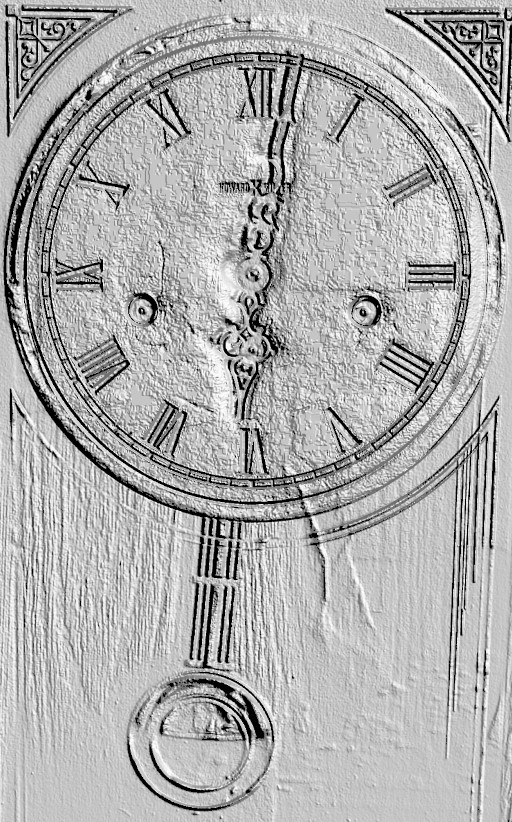
Alfred Reeves Wissen
I’m a life-long student of philosophy and theology, and also a life-long reader of fantasy. Completing a Ph.D. in theology at the University of Chicago and being at home in the pages of Tolkien, Pratchett, LeGuin, or Bellairs (among many others) never seemed a contradiction to me. At some point I realized that what philosophy and theology pursue–among other things, a quest to find meaning and order amidst the apparent chaos of our universe–was akin to the pursuits of good fantasy. Both share a dissatisfaction with the world as it is and an imagining–a phantasy–of what might be better. Of course many label fantasy as escapism, which surely it is. But I would argue that at its best it is something more than that. In the hands of Ursula LeGuin or the later Terry Pratchett, there is an earnest attempt to show a vision of a better world, or of better humans. Of what we could be, and perhaps sometimes are.
I freely admit that my tastes run to pre-dystopian fantasy. Much YA and adult fantasy today grapples with the peril our world faces, and understandably so. Perhaps it is just escapism, a desire not to think about it all for a bit, but I think my distaste for dystopia also includes a hope for something redemptive. At any rate, this novella is in many ways very traditional. It owes much to John Bellairs and I am sure others, though not, I want to point out, to J.K. Rowling. For even though it is set in a school and features magic, this is no Harry Potter, neither in scope, accomplishment, or design. It is set in a school because that is what I know best, and it involves magic because, well, it is fantasy.
What this does offer that is original is my attempt to write a fantasy novel that has a philosophically consistent understanding of magic. One of my pet peeves with much fantasy, even some of the greats, is that magic is just there, with no explanation of how or why it works. “It’s magic,” you might say. This makes me think of a passage from one of Terry Pratchett’s last novels (Snuff), in which Sam Vimes complains, “. . . that’s why I don’t like magic, captain. ‘Cos it’s magic. You can’t ask questions, it’s magic. You don’t know where it comes from, it’s magic! That’s what I don’t like about magic, it does everything by magic!”
As much as Sam Vimes is a favorite character of mine, I beg to differ; there can be magic in a fantasy novel that accomplishes what I take to be part of the point of good fantasy: to give us a vision of how our interconnected universe works–or ought to work! I don’t think “magic” precludes a sense of why and how. Indeed, magic in a fantasy novel can function as a metaphor, exposing the potential transcendence of time and space that is implicit in a universe in which everything that exists is a part of a higher unity, and so connected to everything else. I have tried in this novel to draw on my academic training and my experience of fantasy as a genre to create something that brings these two together and provides that why and how and entertains a vision of meaning and purpose. I hope I have succeeded.
-Alfred Reeves Wissen
